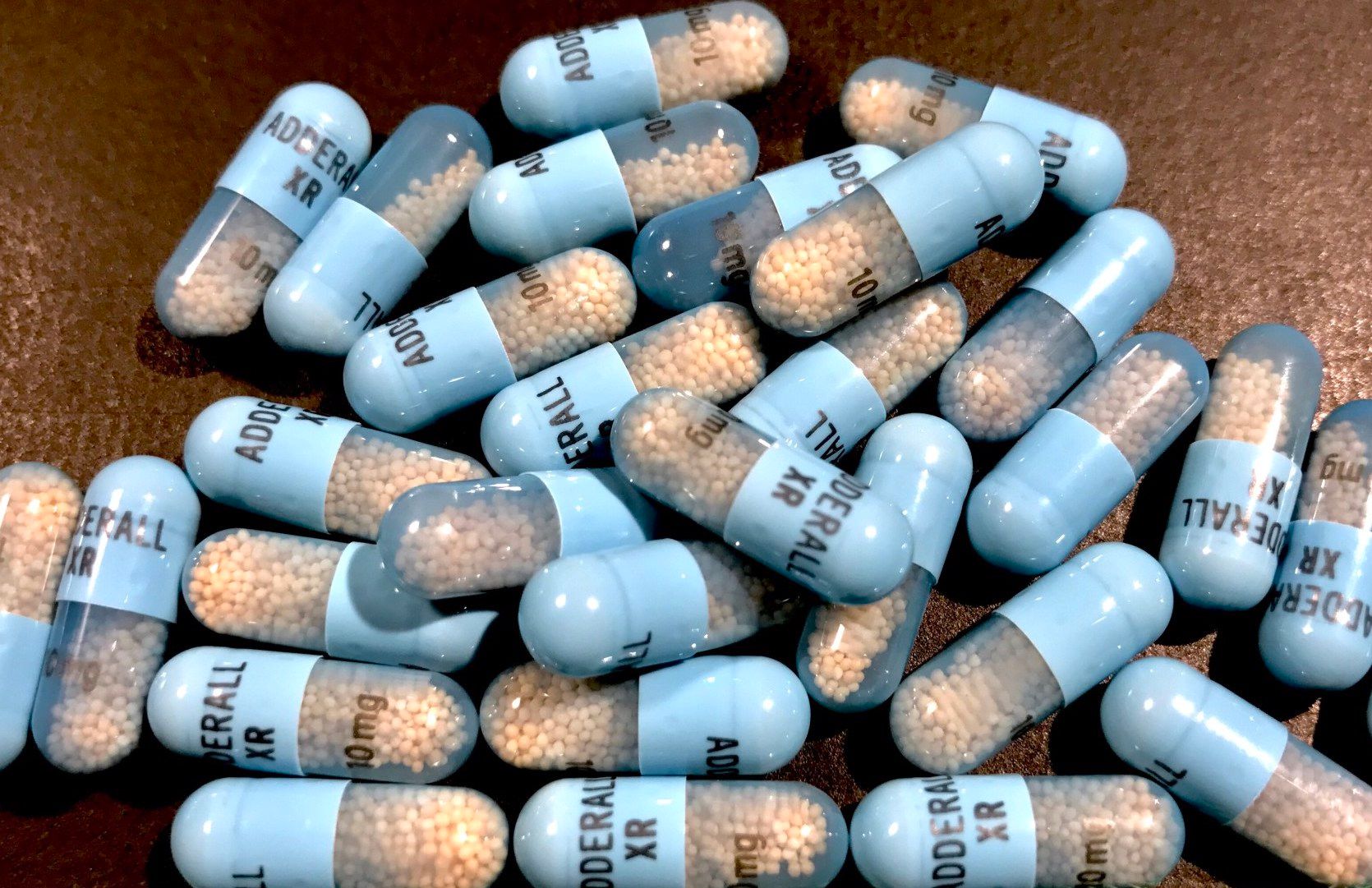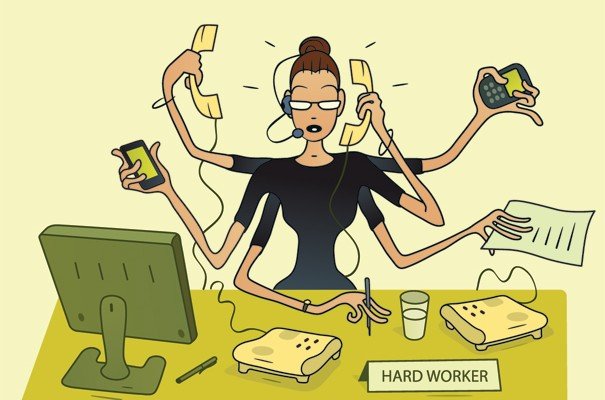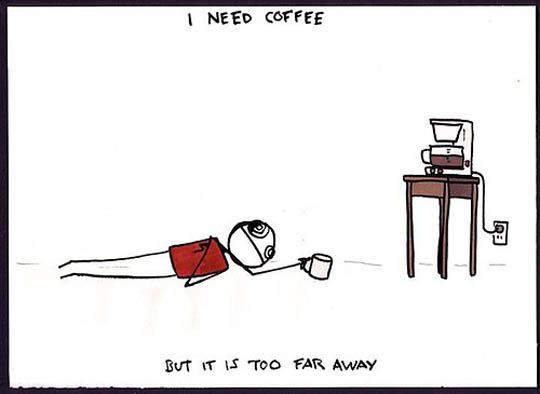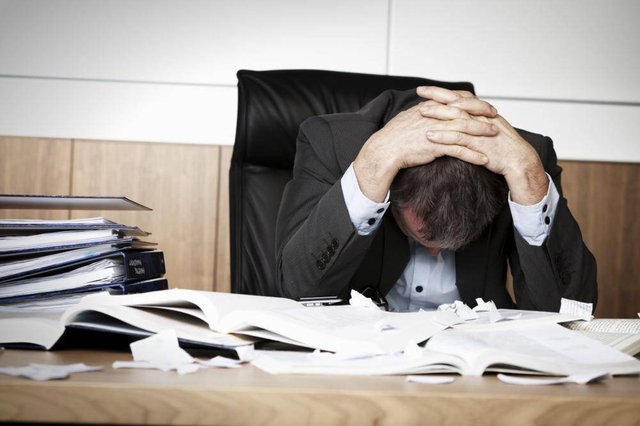Pharmaceutical Propaganda: How Drug Companies Are Fueling The Overprescription Epidemic [Part 1]
Part 1: Downward Spiral
Introduction
This article is the first of a multi-part series on psychiatric drugs, the influence of marketing by the pharmaceutical industry on both the general public and medical professionals, and the dangers of over-prescription.
Conclusions are drawn based on thorough research and critical analysis of sources, as well as my personal experience with both psychiatric drugs and natural medicine.
Pharmaceutical Speed
My first experience with psychiatric drugs was in 2011.
I'd always been a bit disorganized, and have had difficulty staying focused at times. However, it had gotten particularly bad and I felt it was starting to impact my performance at work.
I had heard about ADHD, and the description sounded a lot like what I was experiencing.
Here are the criteria for ADHD, according to the Diagnostic and Statistical Manual of Mental Disorders(DSM–5):
Inattentive type – six (or five for people over 17 years) of the following symptoms occur frequently:
• Doesn’t pay close attention to details or makes careless mistakes in school or job tasks.
• Has problems staying focused on tasks or activities, such as during lectures, conversations or long reading.
• Does not seem to listen when spoken to (i.e., seems to be elsewhere).
• Does not follow through on instructions and doesn’t complete schoolwork, chores or job duties (may start tasks but quickly loses focus).
• Has problems organizing tasks and work (for instance, does not manage time well; has messy, disorganized work; misses deadlines).
• Avoids or dislikes tasks that require sustained mental effort, such as preparing reports and completing forms.
• Often loses things needed for tasks or daily life, such as school papers, books, keys, wallet, cell phone and eyeglasses.
• Is easily distracted.
• Forgets daily tasks, such as doing chores and running errands. Older teens and adults may forget to return phone calls, pay bills and keep appointments.Hyperactive/impulsive type – six (or five for people over 17 years) of the following symptoms occur frequently:
• Fidgets with or taps hands or feet, or squirms in seat.
• Not able to stay seated (in classroom, workplace).
• Runs about or climbs where it is inappropriate.
• Unable to play or do leisure activities quietly.
• Always “on the go,” as if driven by a motor.
• Talks too much.
• Blurts out an answer before a question has been finished (for instance may finish people’s sentences, can’t wait to speak in conversations).
• Has difficulty waiting his or her turn, such as while waiting in line.
• Interrupts or intrudes on others (for instance, cuts into conversations, games or activities, or starts using other people’s things without permission). Older teens and adults may take over what others are doing.
Hyperactive type didn’t really resonate with me, but the Inattentive type was bang on. You only need 5 of those symptoms to qualify as having ADHD. I had all of them.
I was referred to a specialist, and after a few sessions he diagnosed me with ADHD (Inattentive type).
I was given a prescription for 30mg of Adderall XR daily, which I took for about 6 years. During this time I was invincible. I could work 60+ hour weeks, get 5 hours or less of sleep per night, and still get high quality work done. It didn’t really matter if I was tired, because once the Adderall kicked in I’d have enough energy to get through the day.
In 2014, things started to get stressful both at work and in my personal life. I had been promoted to team lead and put on a demanding project. My marriage was also falling apart, and in the summer of 2015 my partner and I split up.
The stress and chaos continued through 2016. I had to rebuild my entire life after the breakdown of the marriage. In addition to that, I started a job at a new company which was a big adjustment.
By the fall of 2016, I was a mess. I’d been under insurmountable stress in both my personal and professional life for almost 3 years at this point. Normal day to day functioning was becoming almost impossible. I was sleep deprived and exhausted 24/7.
I continued to take the Adderall, but it wasn’t working anymore. It would give me energy to slog through the day, but I could no longer focus. I felt like a zombie.
I’d only been at my company for a short time, and was quickly thrown on a demanding project without much training. I wanted to make a good impression, but in my state of exhaustion I was finding it almost impossible to get anything done.
I started working more and more evenings and weekends to catch up, but I was still behind. Managing my personal life was becoming increasingly difficult. I barely had the energy to do things like laundry, get groceries or cook. I stopped going to the gym. My social life was basically nonexistent. I felt like I was drowning. But I kept pushing on until January of 2017.
I made it about halfway through the month, and then I hit a wall. I could not do anything. Emails would be coming in at work, and I’d be sitting at my desk almost ready to go into a panic because each new email meant another responsibility, and I already had so much on my plate that I simply could not take on any more.
The last day I worked, I was so fried my hands were shaking. I stayed at my desk until after 7pm, because I didn’t feel I had it together enough to drive safely in rush hour traffic.
The next week was a blur. I called in sick and pretty much stayed in bed the entire time.
The week went by, but I was still in “shut down” mode. Somehow I managed to drag myself to the doctor’s office so I could get a note for work.
After a brief chat, the doctor diagnosed me with anxiety and depression, and gave me a prescription for 10mg Escitalopram (sold under the brand names 'Cipralex' and 'Lexapro'). She said that in 4-6 weeks my energy should be back, and I'd be able to return to work.
I asked if I should be concerned about any potential interaction with the Adderall. She said it would probably be fine, but it may be a good idea to decrease the dose of the Adderall from 30mg to 10mg just to be safe.
Escitalopram Tablets
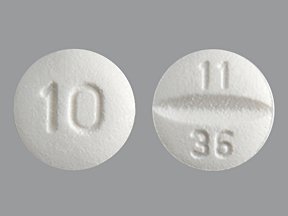
Image Source
In my upcoming articles, I will discuss my experience with Escitalopram, and the subsequent withdrawal effects upon discontinuing the drug.
I’ll also cover what I’ve learned about propaganda from the pharmaceutical industry, and the rising problem with over-prescription in North America.
